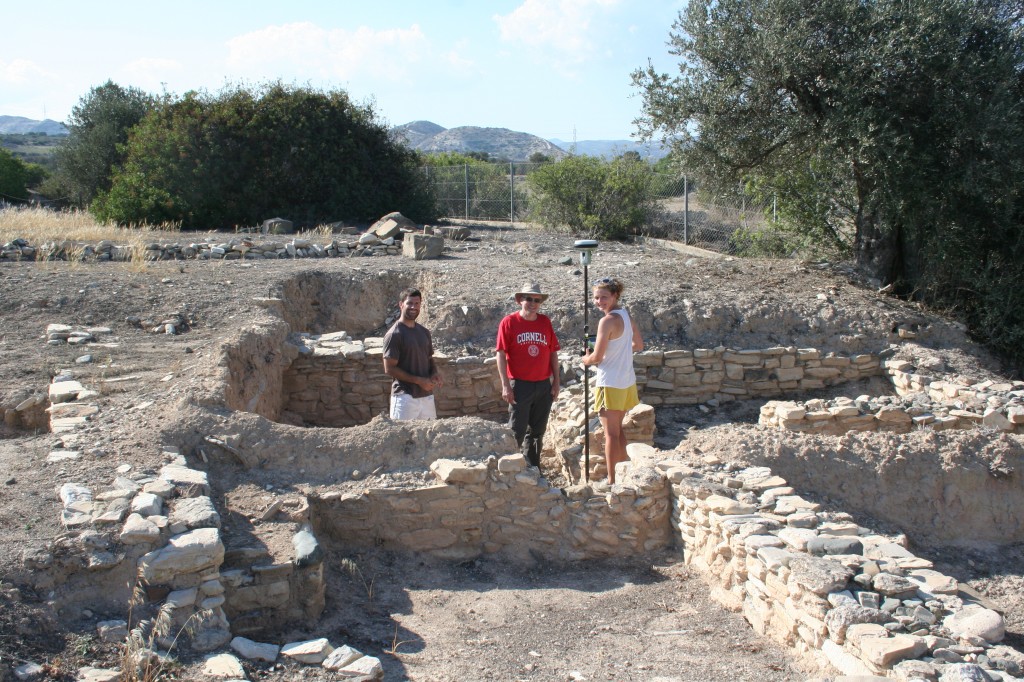Archaeology as a vital US strategic interest
An opinion piece by me on the above subject on Fox News, and on why US National Science Foundation (NSF) funding of archaeology should be (i) supported, and (ii) if anything increased (rather than reduced in real terms), is at:
http://www.foxnews.com/opinion/2014/07/08/archaeology-as-vital-us-strategic-interest/
The current specific problem or issue is the FIRST Act (Frontiers in Innovation, Research, Science, and Technology (FIRST) Act), which seeks greatly to reduce NSF support for social, behavioral, and economic sciences areas like Archaeology, and especially to reduce support for work outside the USA. For a recent statement by the American Schools of Oriental Research highlighting the (negative) problems this act would cause for US scholars working in the east Mediterranean and Near East, see:
http://www.asor.org/news/2014/06/FIRST-Act.html
(Previously, see e.g. statements of the Society for American Archaeology; Society for Historical Archaeology; American Anthropological Association)
For some other statements highlighting the general problems/flaws in the FIRST Act (in particular: its drastic reduction of overall social science support, and its attack on the peer-review system and addition of levels of politically-motivated review – rather than letting scientists best judge what is good and important science), see e.g.:
National Science Board Statement
Association of American Universities
David Skorton, President of Cornell University
David T. Takeuchi, Associate Dean for Research at the Boston College Graduate School of Social Work
Scholarly Publishing and Academic Research Coalition critique
And, for a range of other information, and for links to several other commentaries, see: http://community.apsanet.org/Advocacy/issues/competesact
For a collection of reports on the FIRST Act and its progress, and on the debate around this act from Science magazine, see: http://news.sciencemag.org/tags/first-act.
For a debate in Scientific American for and against the FIRST Act, see: http://www.scientificamerican.com/article/is-social-science-research-in-the-national-interest/
One of the targets of the FIRST Act cuts to funding for the NSF’s Directorate for Social, Behavioral & Economic Sciences would be support of graduate student dissertation research via Doctoral Dissertation Improvement Grants in these areas (e.g. Archaeology, Anthropology, etc., etc.). This would especially affect those seeking to conduct research projects outside the US. For a discussion by a US PhD student in Anthropology supported in part by the NSF, who works on a Japanese topic (and is presently in Japan doing research), on how the FIRST Act would affect work like hers, and why we should instead support and value such research, see: http://www.anthropology-news.org/index.php/2014/07/07/a-defense-of-nsf-funding-from-the-field/.
It is important also to realize that the FIRST Act is not the only serious current threat to the small amount of funding available to archaeology in the USA, and, broadly, to funding for research in the ‘social sciences’ and ‘humanities’. The budget of the National Endowment for the Humanities (NEH) is currently (summer 2014) under active attack. See the 9 July 2014 blog post by the National Humanities Alliance, stating:
“On July 9, the House subcommittee that oversees funding for the National Endowment for the Humanities passed a bill to fund NEH at its lowest level (in constant dollars) since 1972. If enacted, this $8 million cut would bring NEH’s funding level to just $138 million for 2015. NEH’s funding has already been severely cut over the past four years, and additional cuts would fundamentally erode NEH’s capacity”.
And, in case you are wondering about the photo in the Fox News piece? The photo was taken at the Late Bronze Age site of Kalavasos Ayios Dhimitrios, Cyprus. The Late Bronze Age on Cyprus dates between ca. 1700-1100 BCE. With me are (left) Jeffrey Leon and (right) Catherine Kearns, both currently completing PhDs at Cornell. I post here a different version of the photo showing some more actual archaeology (photo taken by Andrew Viduka).


Recent Comments